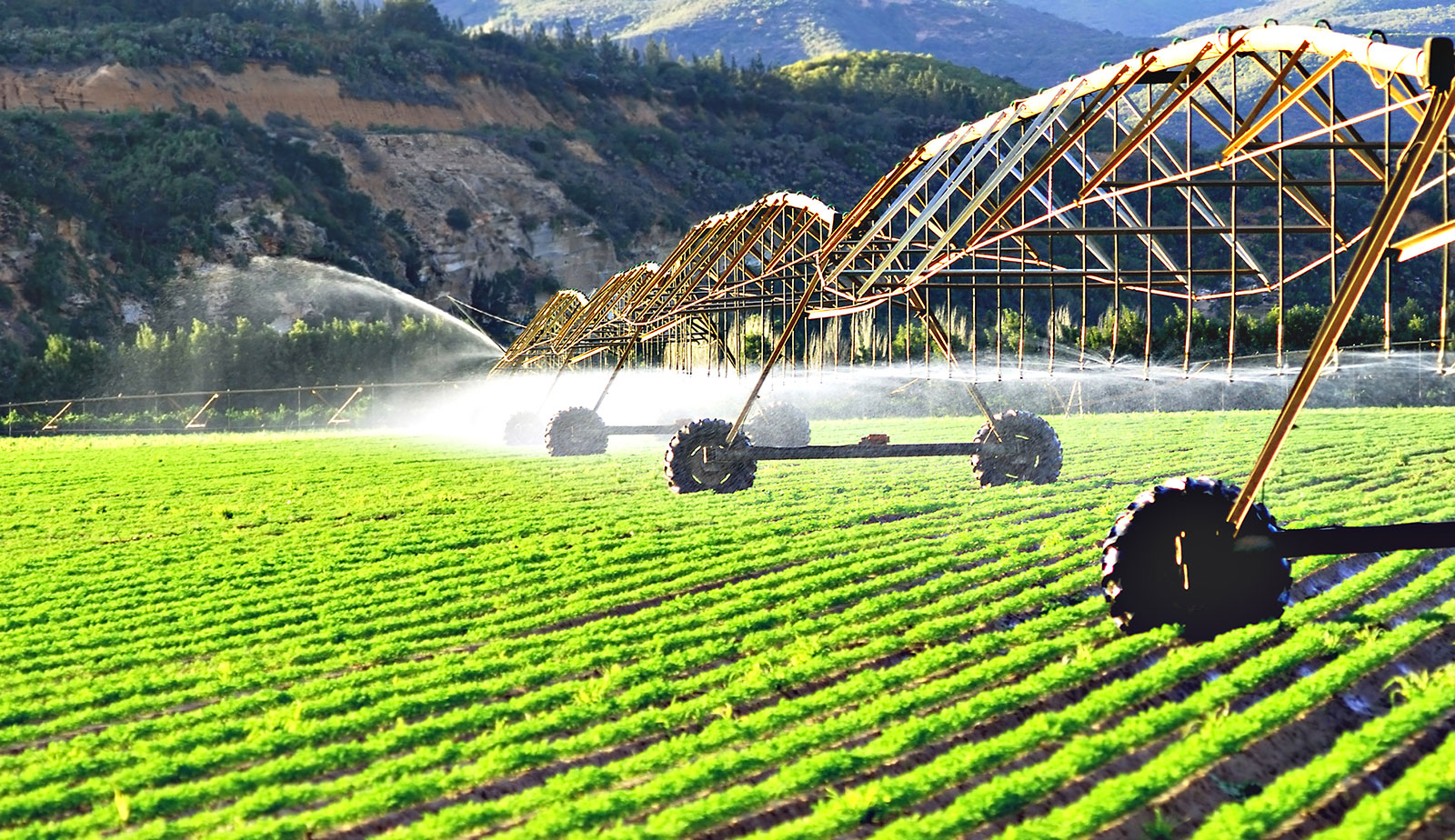Mars calls for business to ‘double down’ on climate action
Ashley Allen, Senior Manager Sustainability at Mars Inc.
Ashley Allen, Senior Manager Sustainability at Mars Inc. spoke to the We Mean Business coalition about the critical role of sustainable land use for the company’s success and calls on companies to double down on their climate action:
How important is the issue of sustainable land use to Mars?
As a global food company, responsible and sustainable land use is very important to our business. More efficient large-scale farming has helped feed a growing population, but also faces challenges, including degrading soil quality, chemical run-off and the effects of climate change. Mars relies on agriculture to provide stable and high-quality ingredients for our products, and we recognize our responsibility to protect land for future use while preserving biodiversity and natural resources.
At Mars, we rely on science as our guide in setting sustainability goals, and the science tells us that the planet is right on the cusp of the sustainable limit of land area used to cultivate crops. That’s why we set a goal to hold flat the total land area associated with our value chain. This is an ambitious goal, but the science tells us it’s the right one.
How is making land use more sustainable good for business?
We know that healthy agricultural ecosystems produce better raw materials such as rice and cocoa with more stability over time. This is critical for the health of the planet and the well-being of farming communities. More sustainable agricultural practices can lead to higher crop yields, lower pollution, and greater resilience to storms and other extreme weather events. This helps improve supply stability and can provide greater returns to the farmers who supply our business and many others.
What would you say to other companies considering whether to address sustainability?
All companies should double down on their sustainability efforts and look at the long-term benefits of such action to their business. Mars Board Chairman, Stephen Badger said it best, “There are rewards for doing the right thing. It makes us a more attractive partner to customers, governments and NGOs, and it ensures our relevance to consumers”.
How is Mars creating a more resilient and resource-efficient supply chain?
With our recently launched Sustainable in a Generation Plan, Mars is changing the way we do business. We’re making conscious decisions to do what’s right, not just do things incrementally better. We’re reducing our environmental impacts in line with what science says is necessary to keep the planet healthy. And we’re working to meaningfully improve the working lives of one million people in our value chain to enable them to thrive. Importantly, we’re also advancing science, innovation and marketing in ways that help billions of people and their pets lead healthier, happier lives.
How have strategic climate commitments, such as RE100 and science-based targets, helped your efforts to decarbonize?
Our climate commitments are critical to the resilience and relevance of our business. We started with a commitment to eliminate 100% of the GHG emissions in our direct operations, and we’re making progress there by investing in renewables at scale. By the end of 2018 we’ll be using or purchasing renewable electricity to cover 100% of our operations in 11 countries including the United Kingdom, United States, Brazil, France, Mexico and others. But our direct operations are only a small fraction of our carbon footprint. That’s why we’ve now set a science-based, value chain commitment to reduce our GHG emissions by two-thirds by 2050.
When we joined RE100, we were one of only 3 companies making that commitment. Now there are 100+ companies committed to RE100. We hope the same growth will occur with full value chain science-based targets in the near future.
RE100 is brought to you by The Climate Group in partnership with CDP.
Mars Inc’s science-based target has been approved by the Science Based Targets initiative (SBTi). The SBTi is a collaboration between CDP, World Resources Institute (WRI), the World Wildlife Fund for Nature (WWF) and the United Nations Global Compact (UNGC).

